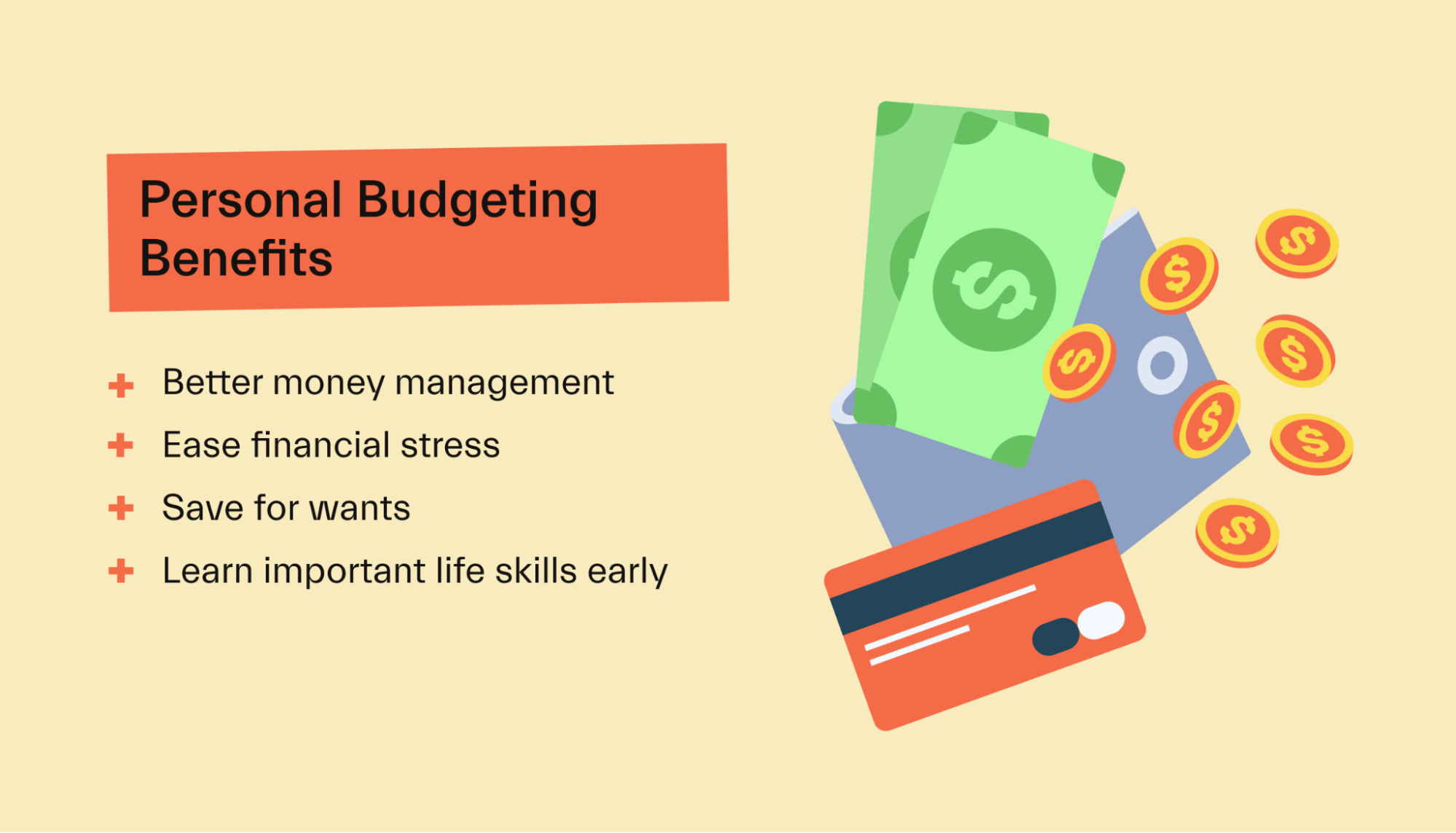Budgeting Tips Renters Need to Take Seriously

10 Budgeting Tips for Nigerian Renters to Manage Housing Costs Effectively
Renting a home is a significant financial decision, often the largest recurring expense for many. To live comfortably and avoid financial stress, effective budgeting is crucial. If you’re renting in Nigeria, these practical tips will help you manage your housing costs and prepare for any surprises.
1. Know Your Rent-to-Income Ratio
Before choosing a rental property, calculate your rent-to-income ratio. Experts recommend that rent should not exceed 30% of your monthly income. For instance, if you earn ₦300,000 monthly, aim for rent around ₦90,000. This ensures you have enough left for other expenses like food, utilities, transportation, and savings.
2. Include Utility Bills in Your Budget
Rent isn’t your only housing expense. Tenants often pay for utilities such as electricity, water, waste disposal, and security levies. Plan for seasonal changes, like increased energy costs during hot weather when cooling needs are higher.
3. Account for Service Charges
In gated communities or serviced apartments, service charges often cover maintenance, security, and shared amenities. These can add a significant amount to your overall housing costs, so ensure you understand these fees and include them in your monthly budget.
4. Prepare for Repairs and Emergencies
Although landlords usually handle major repairs, tenants may need to cover minor fixes or emergencies, like plumbing issues or broken appliances. Set aside a small fund for these unexpected expenses to avoid disrupting your main budget.
5. Plan for Deposits and Renewal Costs
When renting a new home, upfront costs like security deposits and advance rent payments can be substantial. Additionally, start saving for your rent renewal several months before your lease expires to reduce financial strain.
6. Budget for Moving Expenses
Moving comes with extra costs beyond rent, including transportation, hiring movers, or purchasing new furniture and appliances. Plan for these one-time expenses to avoid unexpected financial stress during your move.
7. Build a Savings Buffer
Unpredictable events like job loss or medical emergencies can impact your ability to pay rent. Aim to save 3–6 months’ worth of rent as a financial cushion. This provides peace of mind and security in challenging times.
8. Watch for Hidden Costs
Before signing a lease, carefully review the rental agreement for any hidden charges, such as parking fees, maintenance costs, or additional security levies. Clarify any vague terms to avoid surprise expenses.
9. Negotiate Rent Where Possible
If a property has been on the market for a while, landlords might be open to negotiation. Ask about discounts for early payment or flexible lease terms. Even small reductions can make a big difference in your overall budget.
10. Leverage Budgeting Tools
Use budgeting apps or tools like Mint, YNAB (You Need a Budget), or a simple Excel sheet to track your expenses. Staying organized ensures you can adjust your spending when necessary and maintain financial control.
By budgeting wisely and planning for all potential costs, renting a home in Nigeria can be a stress-free experience. Remember, financial discipline is key to staying on track and ensuring your home is a source of comfort, not worry.







